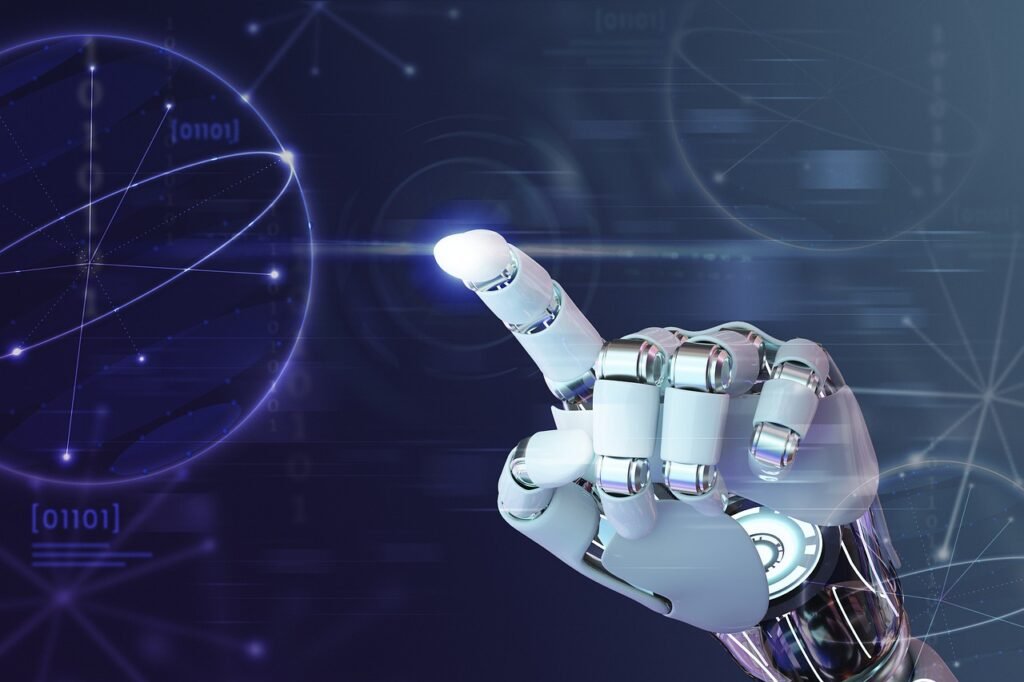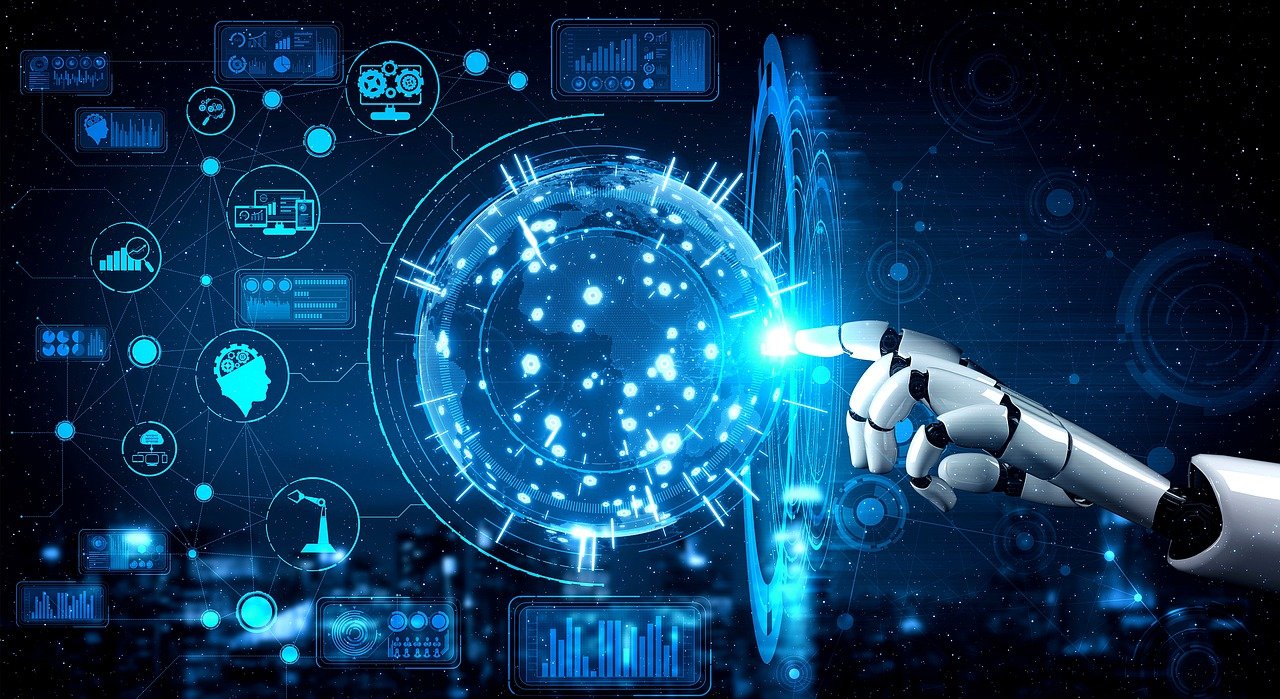In this article, we are going to explain in short ways the top benefits of artificial intelligence. Let’s get started.
AI (Artificial Intelligence) has been throughout for a considerable time. AI is constantly growing a part of regular days, from fast advice on research transformers and auto-focus smartphones to robot greeters at shopping malls and car cruise control. AI has a lot of room for creativity and development, and it will proceed to improve the business in a variety of ways in the future.
Table of Contents
Top 7 Benefits of Artificial intelligence in 2023

1. Automated systems
One of the most widely praised advantages of AI technology is automation, which has had tremendous effects on the connections, transportation, consumer goods, and service industries. Automation allows for higher production rates and productivity in various sectors and provides more effective raw substance utilization, better goods features, shorter lead times, and heightened security. Automation can also serve to free up resources that can be put to better use.
2. Making Apprised Choices
Artificial Intelligence has long been used to support businesses make more reliable judgments. To make the best decisions for the firm, AI technology can coordinate data distribution, assess trends, build data consistency, provide estimates, and quantify risks. AI will continue vague on the subject at hand as long as it is not trained to emulate human passions, and it will assist in making the best choice to enhance corporate performance.
3. Improved Customer Service
AI-powered answers can assist companies in promptly returning to consumer requests and complaints and settling issues. Chatbots that connect conversational AI and Natural Language Processing technology may provide highly tailored messages to clients, assisting in discovering the optimal solution for their needs. AI solutions can also help customer support representatives feel less stressed, resulting in increased productivity.
4. Medical Innovations
Artificial Intelligence (AI) technologies are growing increasingly prevalent in the healthcare industry. For example, antique patient monitoring technology allows healthcare providers to quickly perform clinical diagnostics and guide treatments without having the patient attend the hospital in person. AI can also help track the development of contagious diseases and even predict their future results.
5. Data analysis and research
Artificial intelligence (AI) and computer knowledge can examine data considerably more quickly. It can aid in developing sinister models and algorithms for data processing and explaining the potential consequences of different courses and developments. Furthermore, AI’s advanced computing skills can facilitate the processing and interpretation of data for research and development that would take too long for humans to examine and understand.
6. Solving Difficult Problems
AI technology has progressed from essential Machine Learning to advanced Deep Learning models, allowing it to address complicated problems. AI assists organizations across businesses in getting the correct answers to handle their issues more effectively, from fraud exposure and simple consumer communications to weather forecasting and medical diagnostics. Improved fertility and cost gains result from greater power in solving complicated requests.
7. Maintaining Business Continuity
Business forecasting based on AI technology assists businesses in making critical decisions and makes them for any eventuality, guaranteeing business dialogue. Because today’s risk control relies significantly on data control and analysis, AI-powered methods can help firms predict and react to crises.
Conclusion
Artificial Intelligence has many more advantages, ranging from space exploration to developments in defense systems and more. Technology is constantly improving, and it has the potential to become more intelligent than ever before. Learn more here AI.
